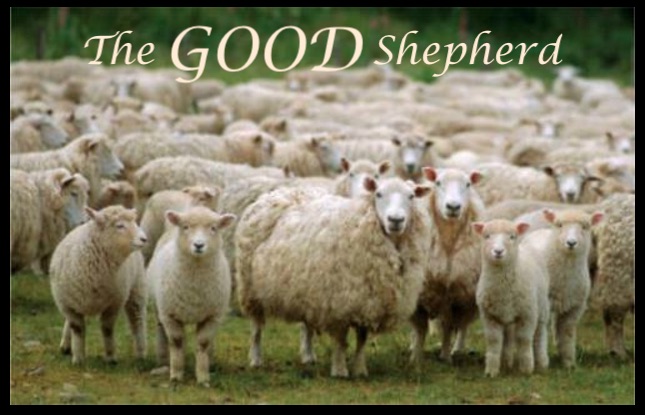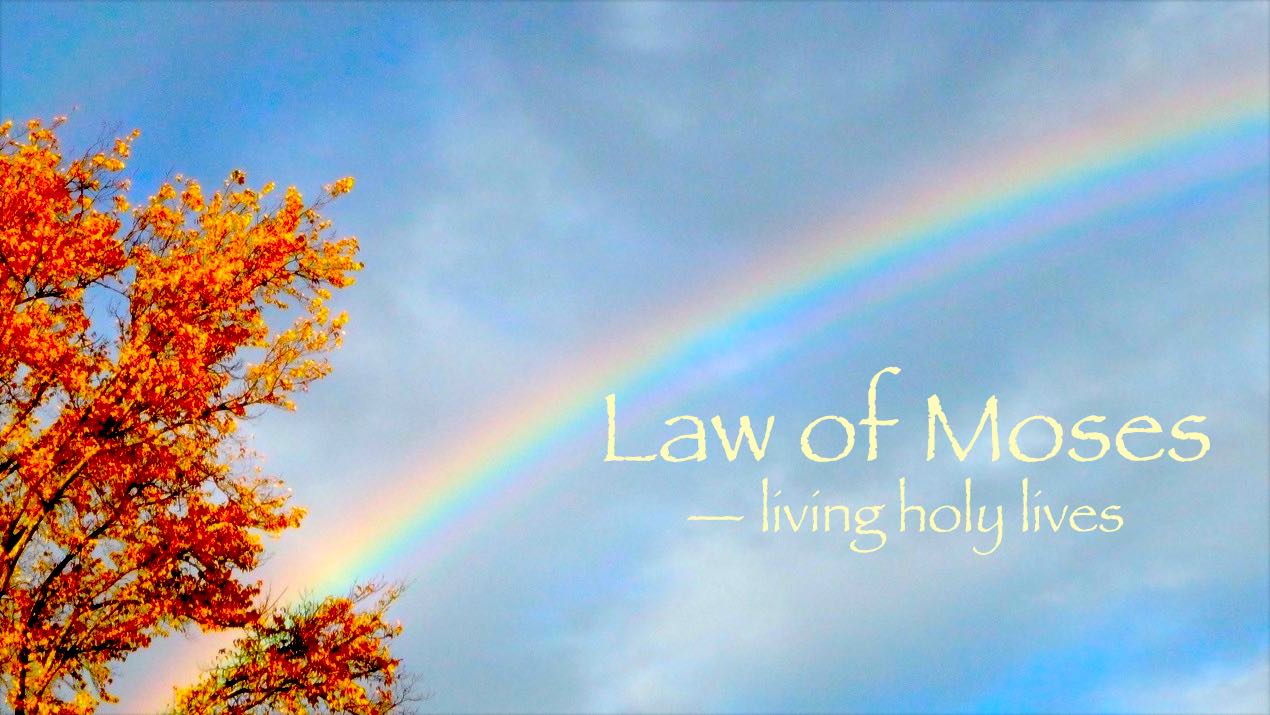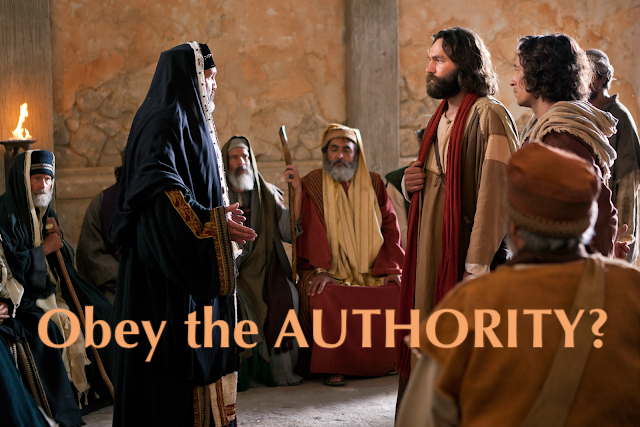 Jesus’ Parable of the Good Shepherd
Jesus’ Parable of the Good Shepherd
Jesus related the parable of the Good Shepherd as a warning and an assurance. The Good Shepherd would keep his sheep along with others in the sheepfold to protect them from predators – bears, wolves, and lions. Yet, there was also the danger of thieves and robbers who might try to climb the walls to snag the sheep. Paul wrote a similar warning to the brethren. They had been given the words of Christ, the Good Shepherd, to ground them in the faith and keep them secure. However, Paul knew deceivers would come who would try to trick them with clever and persuasive words. These conmen would attempt to lure people away from the safety they had with the Good Shepherd. So what would make some susceptible to the dangers of clever reasoning and deceptive philosophy?
Whose Voice Do We Follow?
Jesus’ claimed to be the Good Shepherd who could call his sheep by name and lead them out into good pasture. The sheep that were Jesus’ own, would recognize his call and follow him. But they would not follow the voice of another shepherd, a stranger. This was an issue of authority! As Jesus’ “sheep” we must recognize that he is the head of all ‘principalities and powers.’ And we have no need for other authorities, as we are complete in Christ. Others who claim to have Christ’s authority are just thieves, with no purpose other than theft and murder. Others, who claim to be Christ’s ministers are only hirelings who run when faced with danger. It is only the Good Shepherd, the Messiah, who would defend against the predators and lay down his life for his sheep.
Who Are You – What is Your Authority?
The Jews of Jesus’ day were divided over the question of Jesus’ authority and whether he was the Messiah. Some saw his healing power and miracles as evidence of Messiahship. But others attributed Jesus’ success with the people to demonic power. At the Feast of Dedication some came asking Jesus to tell them plainly whether he was the Messiah. But he responded, “I have told you, but you do not believe.” They could not hear their Shepherd’s voice, but were too proud or arrogant to look at the evidence and make a sound judgment. They rejected Jesus miracles, done in the Father’s name. And became enraged when he claimed to be the Son of God.
The Lord, the Good Shepherd
The Jews were in a quandary, because Jesus was challenging their notion of monotheism. They accused him of blasphemy and would have stoned him when he claimed that ” I and my Father are one.” This statement hearkened back to the Shema, in the book of Deuteronomy. ” Hear, O Israel, the Lord our God , the Lord is one.” As the Good Shepherd, Jesus’ the Lord was telling the Jews of his day to listen to him alone, to hear his voice, and follow his lead. By the authority given to him by the Father, Jesus was interpreting the scripture. He explained to them a reality that they could not have fully known.The Messiah was the Lord, the Shepherd of Israel, and he alone was the one they should hear.
Jesus on an earlier occasion had stumped the religious leaders over this same issue. He had asked his critics, “What do you think of the Messiah, whose son is he?” This posed a great theological question, for if he was indeed the Son of David, then how could David call him Lord? Jesus was showing them that their narrow understanding of scripture was wrong. And more importantly, that Jesus had the power and authority to interpret scripture correctly. Why? Because, all that Jesus did and said was in accord with the Father’s will. He was one with the Father, and he could open the minds of his sheep to the intent of scripture.
Who Speaks With Authority for the Father?
When the Jews challenged Jesus’ authority and his claim to be the Son of God. Jesus made a rabbinical style argument and gave them his interpretation of Psalm 82 as proof. The Psalm revealed that ‘men were gods (elohim),’ so it was no blasphemy to claim to be the son of God. But then he went on to say that his authority and power was evident not only in his words, but in the miraculous works he performed. Peter’s epistle confirmed that the disciples had seen the transfigured Christ and his words were authoritative. Christ’s words were the ‘official interpretation’ of scripture that could be trusted.
Jesus Christ our Messiah is the only saviour, and our Good Shepherd. Are we listening to his voice alone, or do we entertain the voice of strangers? Jesus Christ alone is wise and able to preserve his sheep, and give them eternal life. He alone has the authority and power to fulfill the Father’s will.









